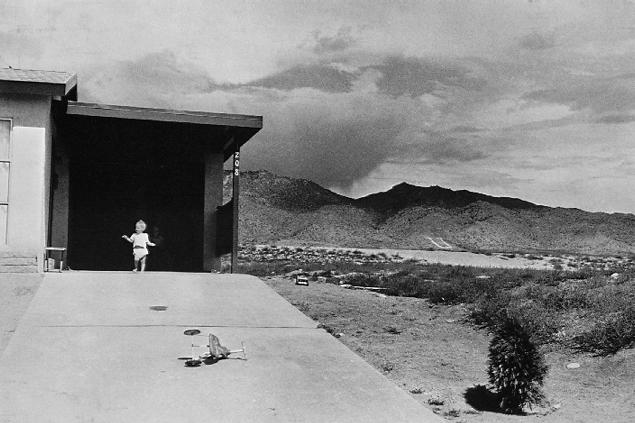“Standing on the Corner – Reflections Upon Garry Winogrand’s Photographic Gaze – Mirror of Self or World? Pt. I” (1991)
New Mexico, 1957 (Figure 13)
Part I
By Carl Chiarenza
Originally Published in IMAGE Magazine: Journal of Photography and Motion Pictures of the International Museum of Photography at George Eastman House, Volume 34,
Number 3–4, Fall–Winter, 1991
There is no denying the force, the influence, the dominance of Winogrand’s presence during a critical time in the histories of both photography and America. There is no denying that he contributed mightily to important changes in how we view significant aspects of the relationships between the photographic medium and life in American society. Without question his work has had, and continues to have, a major influence on younger male photographers. One might even say that Winogrand invented a new form of “street photography,” a form that has transformed our view of our public selves, or, at least, has made us more conscious of our view of our public selves. A curious and perhaps relevant observation is the fact that “street photography” has been almost exclusively the domain of male photographers (with such very important exceptions as Helen Levitt and Lisette Model). In turning the documentary idea emphatically inward upon himself, while still turning the documentary camera outward upon the world, Winogrand forced the surfacing of new knowledge about both his reality and ours.

